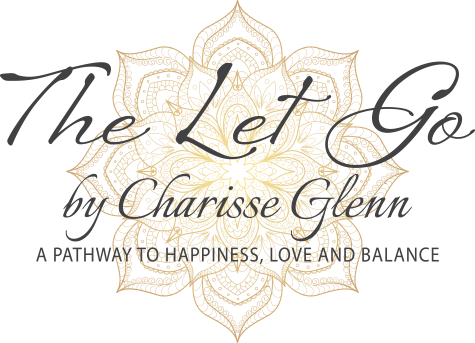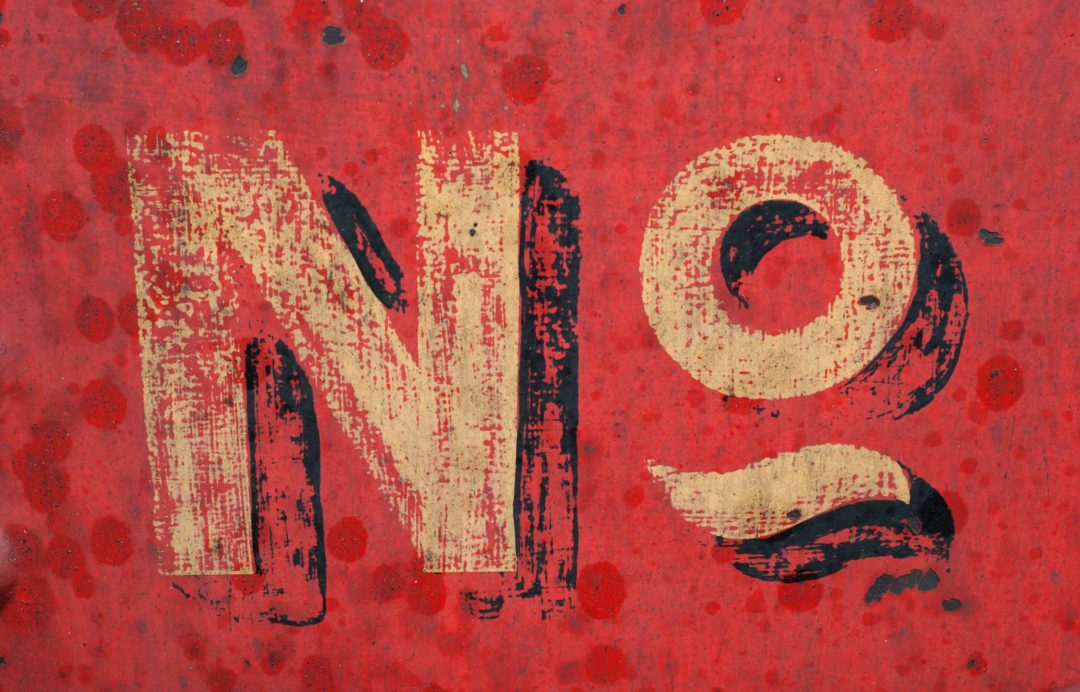“A person’s assumptions reveal who they are, more than the words they utter.”
~
We make assumptions because they save time. They are an effective way to process our lives, alleviating the need to analyze every nuance of every situation. Yet, making assumptions can also hinder us.
When we make assumptions, we block the possibilities of things happening, keeping us in the confines of what we already know, impeding us from thinking outside the box, and holding us in our preconceived ideas of how we think things should be.
Assumptions stagnate us in the past, restricting us to the stories we tell ourselves and keeping us from thinking of something new.
Prejudices, racism, and stereotypes are some ways in which we make unwarranted assumptions. In addition, we inherit false ideas from our family and society, falling into the habit of making certain assumptions because we are entangled in the beliefs or behavior patterns we have been taught.
Therefore, it is best not to hold something as valid or applicable without proof that it is accurate and relevant.
Often, opinions and assumptions get interchanged or mixed up.
An opinion is a belief that a person has formed about a topic or issue. It can be a judgment or sentiment that the mind forms of persons or things.
On the other hand, an assumption is the act of taking for granted or supposing a thing without proof; it is a supposition, an unwarrantable claim.
Neither is based in fact; however, an assumption is often touted as one.
To change anything, we must take action and be purposeful and mindful. One way to start is by taking responsibility for our assumptions and then stopping to make them.
How to Break the Habit of Assumptions
It begins with consciousness.
Published in 1997, The Four Agreements by Don Miguel Ruiz ranked on the New York Times bestsellers list for over a decade. Given that the third agreement in his practical guide to personal freedom is to make no assumptions, making assumptions became a part of our social consciousness.
Although many of us grew up hearing a saying, ‘to assume makes an ass out of you and me,’ The Four Agreements solidified the concept and the profound wisdom of it.
To change, we must acknowledge where the trouble spots are.
Be aware when you say, “I assume.” Also, look for when you make blanket statements. Using always, never, or probably, along with the words should have to or must, raise the red flag that an assumption is about to be made.
Learn to ask questions.
Don’t assume that what you think is true for everyone. You cannot form an educated opinion with half the picture, so get the whole story. A statement is received as truth, whereas by asking questions, we are open to possibilities of other outcomes.
We make assumptions about others based on our experiences, which develop into our perspectives. For instance, I always get a stomach ache when I drink milk. Therefore, I can assume that milk causes everyone to have stomach aches.
When we make these assumptions, we confirm what we think is true and correct. Moreover, it validates us to assume others feel the same way.
Learn to listen.
Once you have asked the question, clear away your preconceived ideas about the answer, actively listen, refrain from listening to respond, and instead, listen to hear.
Disappointment occurs when our assumptions prove incorrect because they do not meet our expectations of a different outcome. Taking responsibility for our projections allows us to let go of the disappointments our expectations caused.
Open your mind.
Our questioning minds crave answers, so we make assumptions to fill in the blanks. Stop filling in the blanks and holding those unverified answers as truth. There can be many possibilities for any situation.
Making assumptions hinders our capacity to understand and relate to others. It can create conflict and unnecessary drama while preventing the likelihood of limitless potential.
We choose to make assumptions or not. However, once we understand the power of not assuming, we may want to adjust our ideas about them. Changing our thoughts can change our lives.
If we don’t make assumptions, we can focus our attention on the truth, not on what we think is the truth. Then we see life the way it is, not the way we want to see it. When we don’t believe our own assumptions, the power of our belief that we invested in them returns to us. And when we recover all the energy that we invested in making assumptions, we can use that energy to create a new dream: our personal heaven. Don’t make assumptions.
~Don Miguel Ruiz





